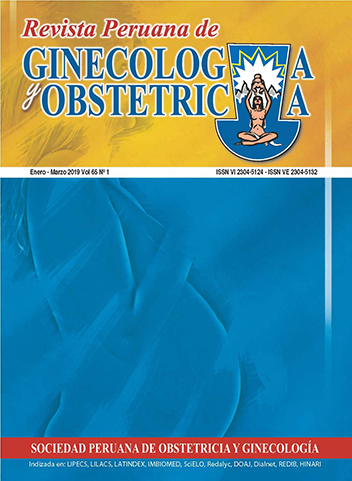Cytomegalovirus infection in pregnancy. Case report in twin pregnancy
DOI:
https://doi.org/10.31403/rpgo.v65i2157Abstract
Cytomegalovirus (CMV) is the leading cause of congenital infection in developed countries, affecting 0.3 to 0.6% of all live births in Europe. Primary CMV infection occurs in 1 to 4% of seronegative women during pregnancy and may be transmitted to the fetus in 40% of cases. Up to 10% of intrauterine CMV infections result in symptomatic congenital disease at birth. Half of these children and 13% of those born with asymptomatic infection will develop long-term sequelae, especially neurosensory hearing loss and mental retardation. Accurate diagnosis of primary maternal and fetal infection is now possible using the avidity index of anti-CMV IgG and virological testing to detect the virus in amniotic fluid. The gold standard for diagnosis of congenital CMV infection is the detection of the virus in urine within the first 2 weeks of life by rapid cell culture techniques (shell vial) or nucleic acid amplification of viral DNA (PCR). Currently, only educational and hygienic measures may prevent infection during pregnancy, until a CMV vaccine becomes available. Results of controlled clinical trials on antiviral drugs and immunoglobulins against CMV in infected pregnant women are expected.Downloads
Download data is not yet available.
Downloads
Published
2019-01-24
How to Cite
Monzón Castillo, E. P., Tejada Martínez, G., & Oliva García, A. B. (2019). Cytomegalovirus infection in pregnancy. Case report in twin pregnancy. The Peruvian Journal of Gynecology and Obstetrics, 65(1), 87–92. https://doi.org/10.31403/rpgo.v65i2157
Issue
Section
Casos Clínicos
















